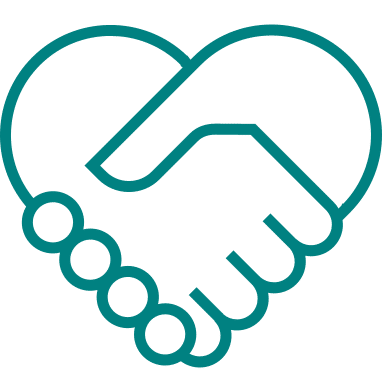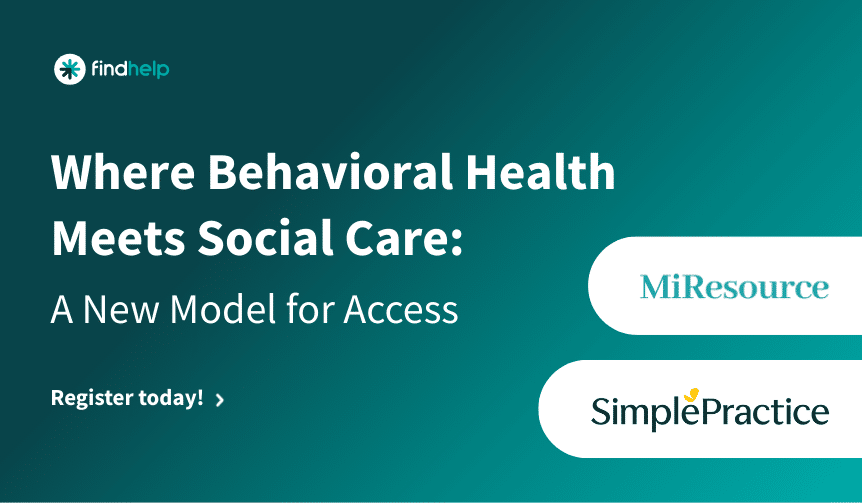Navigating Proposed CMS Changes for Inpatient Payments
The Centers for Medicare & Medicaid Services (CMS) recently released its proposed rule for the 2026 Inpatient Prospective Payment System (IPPS), outlining potential changes to Medicare payment policies, quality programs, and other requirements for inpatient hospitals.
While the full impact will be clearer when the rule is finalized this summer, several proposed changes related to social determinants of health (SDoH) are particularly noteworthy for organizations committed to holistic patient care and community well-being.
These proposed shifts have significant implications for how healthcare organizations approach patient care and address the critical social factors influencing health outcomes.
Proposed CMS changes related to SDoH
This year’s proposed rule suggests a notable evolution in CMS’s approach to social determinants of health (review our 2024 analysis). Citing concerns about reporting burden and a desire to focus on measures directly impacting healthcare outcomes, CMS is proposing the following key changes:
- Removal of the SDoH screening measure from the Inpatient Quality Reporting (IQR) program | CMS estimates significant cost and time burdens for hospitals without clear evidence of improved outcomes at an aggregate level.
- Removal of the health equity structural measure from the IQR | CMS is prioritizing outcome-focused measures like readmission reduction and hospital safety.
- Removal of specific SDoH data collection in long-term care hospitals and inpatient rehabilitation facilities | CMS proposes eliminating the required collection of housing status, two food items, and utilities to reduce burden, while expressing interest in interoperable data pathways.
- Updated Terminology | CMS is introducing the term “wellbeing,” which it defines as a comprehensive, broad approach to health.
The proposed changes indicate a reprioritization by CMS, emphasizing outcome-focused measures while seeking to reduce administrative burden associated with certain SDoH data collection and reporting.
However, the underlying imperative to address patients’ social needs for positive health outcomes and efficient healthcare delivery remains.
Increased focus on safe discharges and readmission reduction
The proposed rule also includes a change to the Hospital Readmissions Reduction Program by expanding the denominator to include Medicare Part C (Medicare Advantage) patients. This expansion means hospitals will be held accountable for readmissions across a broader spectrum of their Medicare patient population, further emphasizing the critical need for safe and effective discharge planning.
This aligns with the principles of models like the Transitions, Effectiveness, and Appropriateness Management (TEAM) Model, which focuses on improving care transitions and ensuring positive patient outcomes after discharge.
By prioritizing comprehensive discharge planning that addresses medical needs and SDoH, hospitals can better support patients in their return to home and community, thereby reducing the likelihood of costly readmissions across all Medicare beneficiaries.
The intersection of SDoH and healthcare outcomes: Why Findhelp is essential
These changes underscore the enduring need to address patients’ social needs. Findhelp’s technology and network are indispensable tools for effectively meeting these ongoing challenges and opportunities.
Ensuring safe and effective discharges

With the expanded Readmissions Reduction Program now including Medicare Part C, the pressure for successful discharges is amplified. Findhelp is crucial in facilitating comprehensive discharge planning by efficiently connecting high-risk patients with vital community-based services, directly mitigating readmission risks across a broader patient population and aligning with models like TEAM.
Powering targeted and efficient SDoH strategies

As broad reporting measures evolve, the need for focused and impactful SDoH interventions grows. Findhelp’s platform is essential for developing tailored strategies, enabling precise outreach, providing comprehensive resource navigation, and seamlessly integrating SDoH support into existing clinical workflows.
Facilitating critical data interoperability

CMS’ increasing interest in data sharing across systems highlights the importance of Findhelp’s interoperability work, which makes SDoH information readily available across the care continuum, supporting informed decision-making and coordinated care.
Driving improved patient outcomes and enhanced quality of care

In an environment of increased accountability for readmissions and a broader focus on patient wellbeing, Findhelp is a key enabler of improved outcomes and enhanced quality by facilitating access to community-based organizations that directly address social needs impacting health.
Let’s drive impact, together
Findhelp remains committed to providing the technology and network to efficiently address SDoH, supporting safe discharges, tailored SDoH strategies, and ultimately contributing to a more efficient and effective healthcare system. We’re your partner in navigating these evolving regulations and ensuring your patients have access to the resources they need to thrive.








